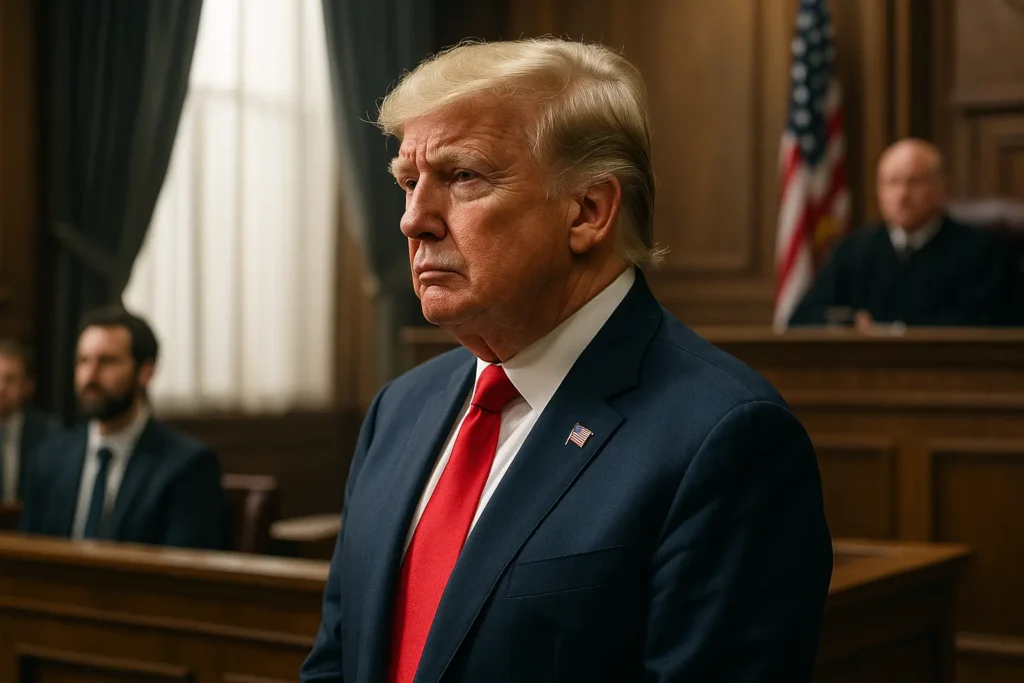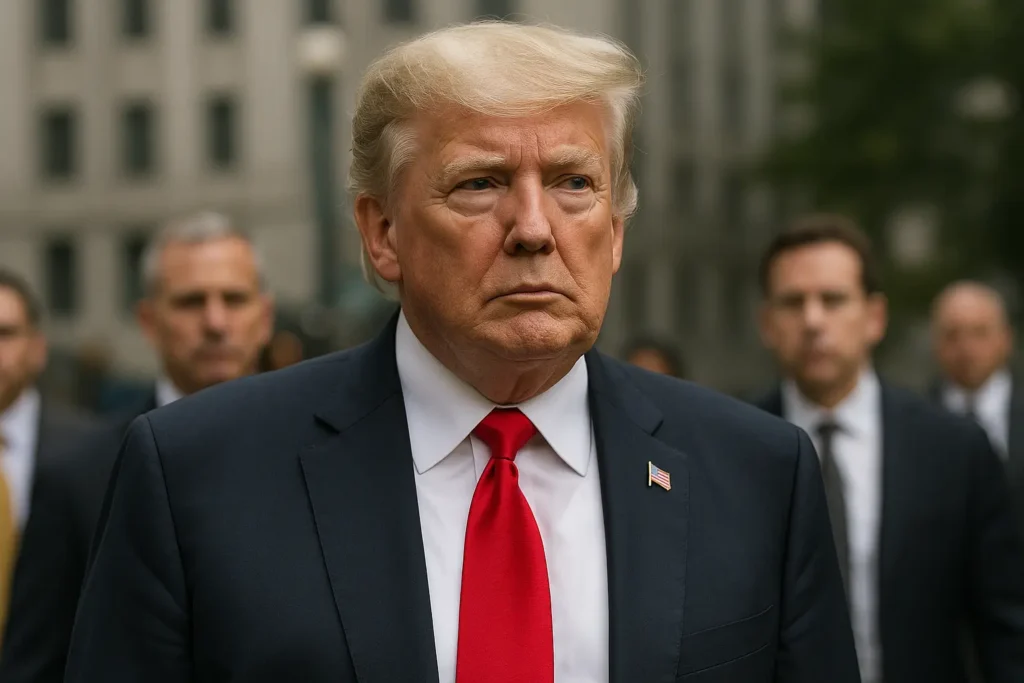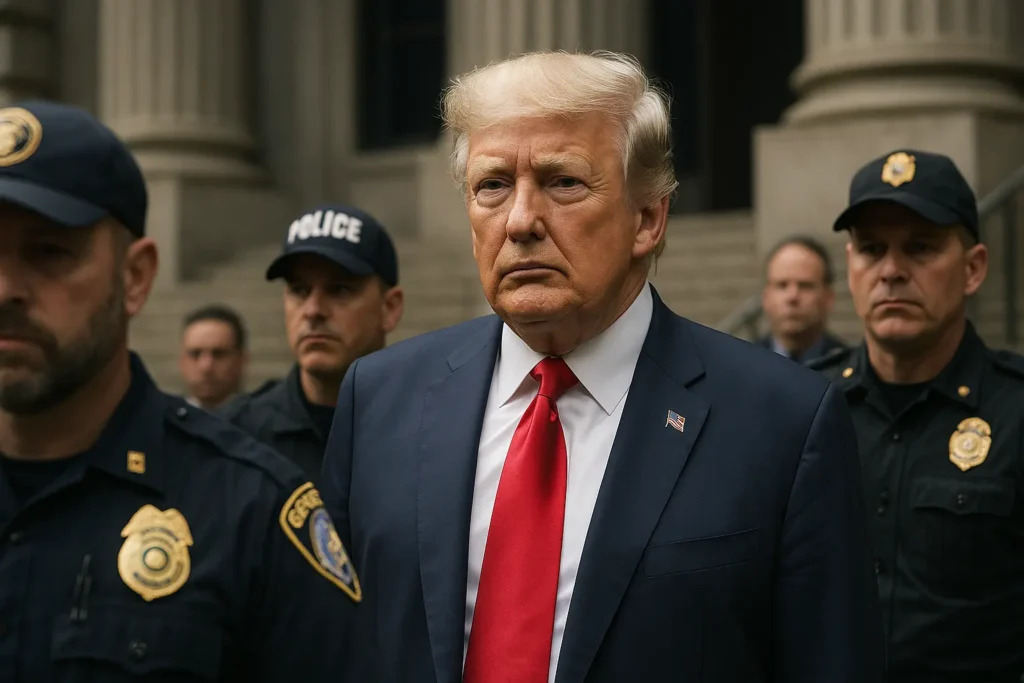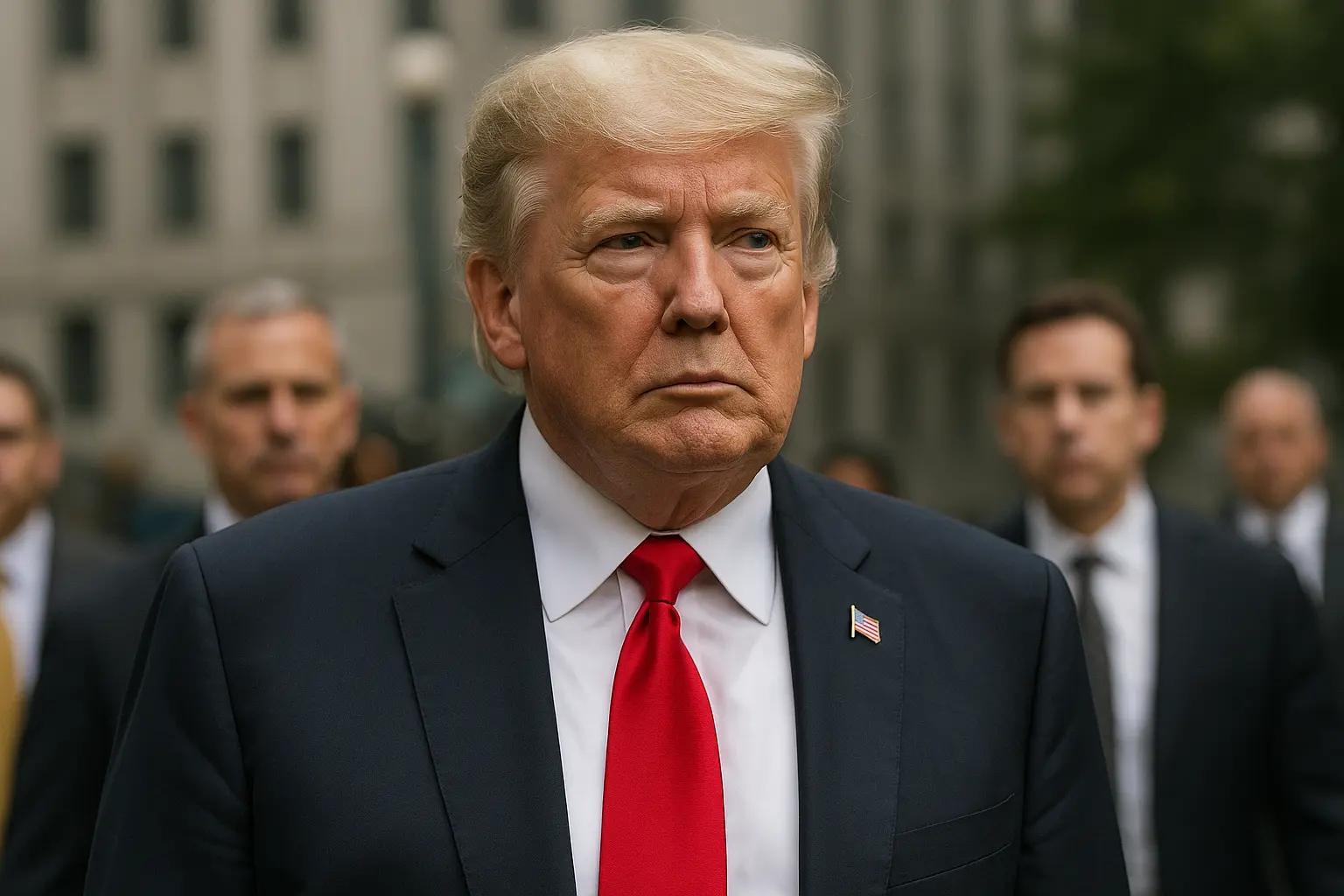
The Trump indictment has drawn national and global attention, raising questions about the legal process and its broader impact. Multiple charges across different jurisdictions involve allegations related to classified documents, election interference, and business practices. Each case carries unique legal challenges and potential political consequences, making this one of the most closely watched legal battles in modern U.S. history.The Main Legal Cases Against Trump
Federal Charges Related to Classified Documents
One set of charges focuses on allegations that Trump kept classified documents after leaving office. Prosecutors claim these materials included national security information. The government alleges that storing these documents in unsecured areas and resisting their return violated federal law. In this case, the Justice Department presented photographs, witness testimony, and subpoena records to support their arguments.
The defense argues that the documents in question were either declassified while Trump was president or that their handling did not violate any laws. They also question the motives behind the investigation.
Georgia Election Interference Case
In Georgia, Trump faces charges connected to attempts to influence the outcome of the 2020 presidential election. The case stems from recorded phone calls, public statements, and reported meetings with state officials. Prosecutors argue that the actions taken were part of a coordinated plan to alter certified election results.
Trump’s legal team claims his actions were part of legitimate political speech and an effort to investigate alleged irregularities. This case also includes several co-defendants, making it a complex prosecution with multiple legal strategies in play.
New York Business Records Case
In New York, prosecutors charged Trump with falsifying business records. The allegations center on payments made to suppress certain stories before the 2016 election. Prosecutors claim these payments were misrepresented in company records to cover up their true purpose.
Trump denies any wrongdoing, arguing that the payments were legal settlements and that the business records accurately reflected transactions. This case involves both legal and financial analysis, with testimony from accountants, business associates, and political advisers.
Legal Strategies and Courtroom Dynamics
Trump’s defense across these cases often includes challenging the credibility of witnesses, questioning the legal basis of charges, and seeking to delay proceedings. Prosecutors aim to keep cases on schedule while presenting strong evidence to juries. Courtroom decisions on motions, admissibility of evidence, and jury instructions play a significant role in shaping the outcomes.
In federal cases, procedural rules and judicial oversight influence how quickly matters move. State cases may involve different evidentiary standards and timelines, adding another layer of complexity to the defense strategy.

Public Opinion and Media Coverage
The Trump indictment has sparked strong reactions across the political spectrum. Supporters view the cases as politically motivated, while critics argue they represent necessary accountability for actions taken while in office. Public opinion polls show divisions along party lines, with many Americans’ views shaped by preferred news sources.
Media coverage of these cases often includes live updates from courtrooms, expert commentary, and political analysis. This high level of attention means that public narratives can influence how the proceedings are perceived, even though jurors are instructed to decide based solely on evidence presented in court.
Potential Legal Outcomes
Conviction and Sentencing
If Trump is convicted in any of these cases, sentencing would depend on the charges and applicable laws. Penalties could include fines, probation, or imprisonment. However, the unique nature of prosecuting a former president could lead to novel legal questions about sentencing.
Acquittal or Case Dismissal
Acquittal would occur if prosecutors fail to prove charges beyond a reasonable doubt. Cases could also be dismissed before trial if judges determine the charges lack sufficient legal grounding.
Plea Agreements
Although rare in high-profile political cases, plea agreements remain a possible resolution. Such agreements would involve negotiations between the defense and prosecution on charges and penalties.
Implications for U.S. Politics
The Trump indictment affects political campaigns, legislative priorities, and voter engagement. If trials occur during an election cycle, they could influence debates, fundraising, and media narratives. Legal developments may also shape how future officeholders approach record-keeping, classified materials, and interactions with state officials.

Impact on the Republican Party
Within the Republican Party, the indictment has created both unity and division. Some leaders rally behind Trump, arguing the cases represent government overreach. Others express concern about the political cost of supporting a candidate under indictment.
Influence on Democratic Messaging
For Democrats, the Trump indictment serves as a point of criticism and a way to emphasize accountability in government. However, overemphasis on legal matters carries the risk of appearing politically motivated, which could alienate some voters.
The Role of the Judiciary
Judges in these cases play a central role in maintaining fairness and order. They must address procedural motions, manage trial schedules, and provide clear jury instructions. Their rulings on evidence, witness testimony, and legal definitions directly influence how each case unfolds.
In addition, appellate courts may become involved if either side challenges trial court decisions. Appeals could delay final outcomes, particularly in cases involving complex constitutional questions.
Broader Legal Lessons
The Trump indictment highlights the importance of understanding the scope of presidential power, the role of state and federal prosecutors, and the limits of legal immunity. It underscores the need for transparency in political and financial dealings, as well as the legal responsibilities that extend beyond public office.
Accountability for Public Officials
These cases remind the public that no one, including former presidents, is above the law. They also show the challenges of holding high-ranking officials accountable in a politically charged environment.
The Intersection of Law and Politics
While legal systems aim to remain impartial, cases involving political figures inevitably intersect with political considerations. Public trust in the outcome depends on transparent legal processes and fair treatment of all parties involved.
Conclusion
The Trump indictment is not a single event but a series of legal battles with significant consequences for law, politics, and public trust. Each case involves unique facts, legal arguments, and procedural hurdles. As proceedings continue, the results will shape public perceptions of accountability, the limits of presidential authority, and the resilience of the U.S. legal system.
Whether viewed as a test of justice or an example of political targeting, these cases demonstrate the enduring tension between law and politics in American life. The outcomes will influence not only the future of one individual but also the standards applied to those who hold the highest offices in the nation.

Other Related Articles
What is a motion for new trial in Texas?
20 Biggest Trials of the Past 20 Years, from O.J. Simpson to Scott Peterson to Casey Anthony
The Ins and Outs of Plea Bargaining in Texas Criminal Cases
Justice on Hold: Understanding Incompetency to Stand Trial
A Fresh Start in Pursuit of Justice
Trump Indictment FAQs
Trump is accused of retaining records containing sensitive national security information after his presidency. The Espionage Act makes it a crime to retain such records. The first 32 counts arise from 32 specific documents that Trump allegedly kept at Mar-a-Lago and refused to return after his presidency. The remaining eight felony counts are related to Trump’s alleged efforts to obstruct the investigation.
E. Jean Carroll made allegations of defamation and sexual assault against Trump. She pursued a civil lawsuit in relation to these claims.
Trump faced federal charges relating to his handling of classified documents.



